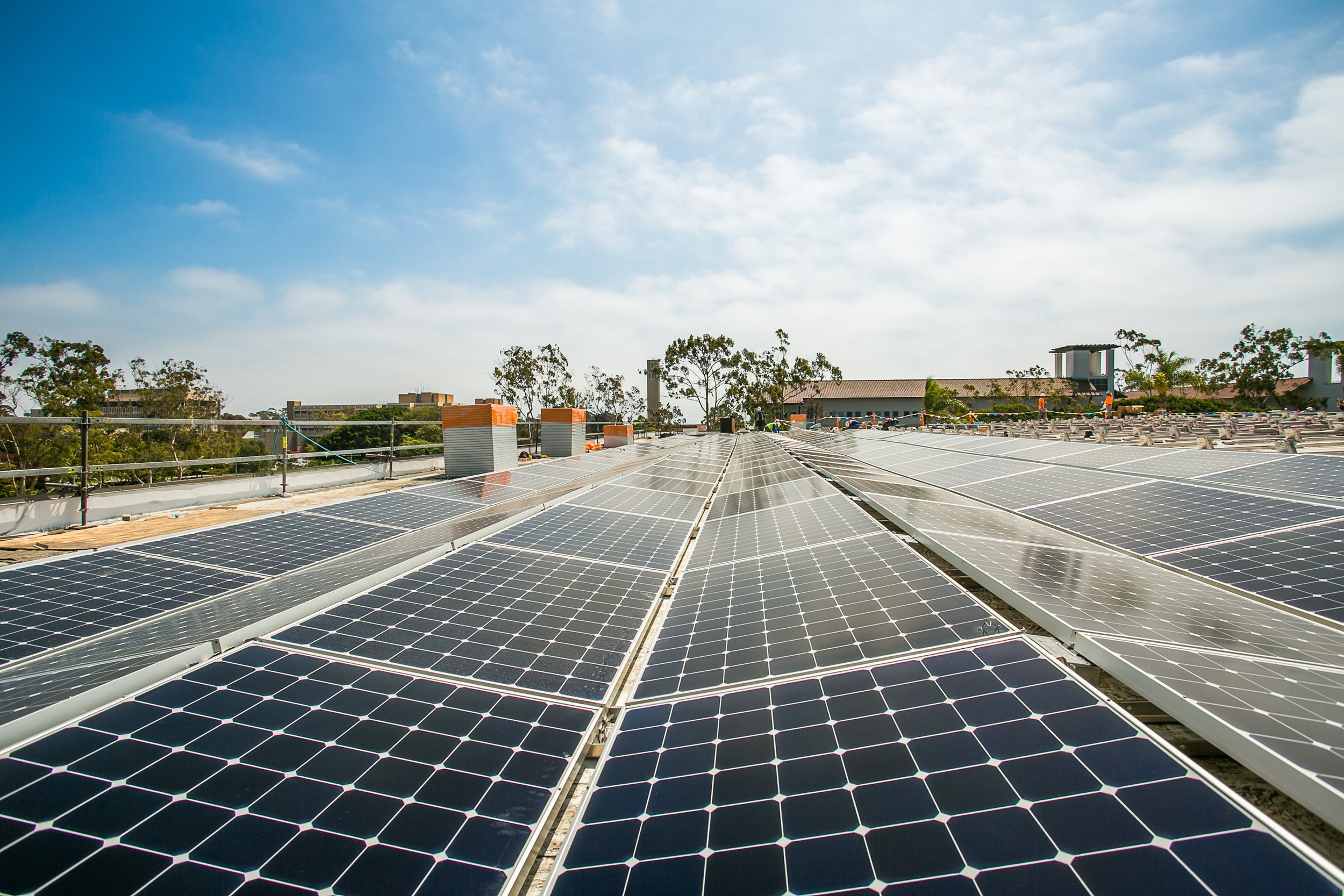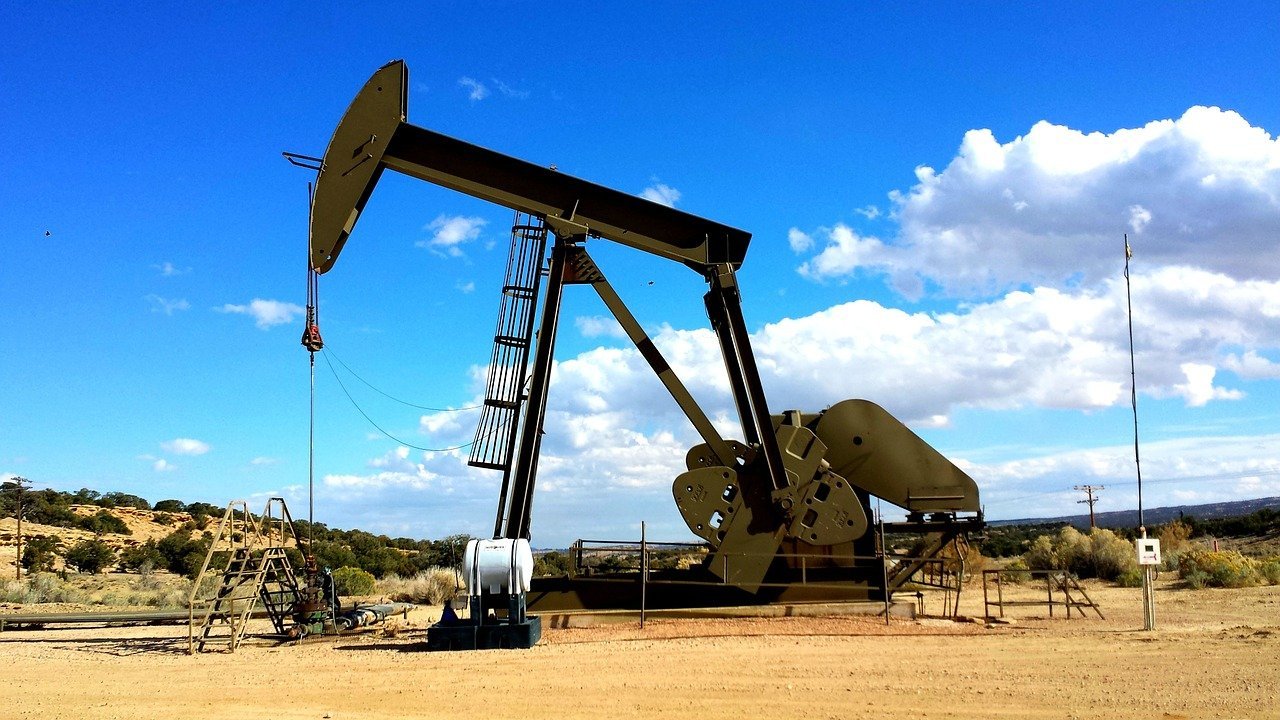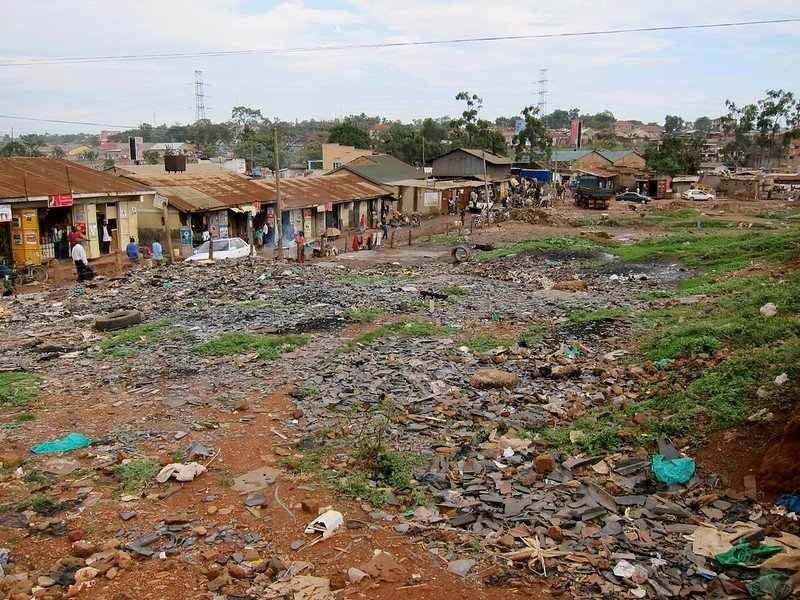
Research Policy Briefs
Our team uses cutting-edge social science to help solve our shared environmental challenges. You can find a list of recent research publications here - or browse a selection of our 2035 Initiative Policy Briefs below. Each policy brief profiles the results of a recent research project by our team.
-

Energy efficiency funding is distributed inequitably across communities in California
Rural and disadvantaged communities have decreased access to energy efficiency funding, limiting their ability to improve energy efficiency and reduce costs.
-

Advancing global power pools can unlock low-carbon electricity potential
Creating transcontinental power pools that connect electricity grids across continents can enable renewables to meet 100% of future electricity demand
-

Sea-level rise maps can decrease risk perceptions in coastal communities
Top-down maps can reduce concern about sea-level rise - but information about altered commute times enhances concern
-

Reducing water consumption enhances the economic viability of industrial energy efficiency strategies
Water savings from improvements to industrial steam systems can improve the economic case for industrial energy conservation measures.
-

Neighborhood competitions reduce informal waste burning in Uganda
Social competitions can be leveraged as a low-cost strategy to change community behavior without the need for material incentives or increased enforcement.
-

Environmental and social impacts of renewable energy and hydropower in Southern Africa can be avoided at modest costs
Land and freshwater protections favor more wind, solar, and battery capacity, but at most a quarter of planned or proposed large hydropower projects in Southern Africa’s future low-carbon electricity system.
-

Social psychology can help address barriers to climate action
Social psychology can offer unique insights into understanding the relationship between the public, politicians, media and activists around climate policy
-

The public strongly supports methane regulations in Europe
Cost information and benefit framing have minimal effects on support for methane regulations on oil and gas, which remain high regardless of different messaging strategies.
-

To protect communities from wildfires, we need to focus on equity
Wildfire management strategies should expand mitigation, improve community engagement, and use novel approaches to enhance equitable preparedness, evacuation, and recovery.
-

Public participation in governance strengthens pollution enforcement
Public participation within China’s officially sanctioned channels improved local regulator’s enforcement of environmental standards and led to reduced industrial emissions.
-

Evaluating and advancing equity in energy transitions
Justice and equity metrics for researchers, communities, and policy makers.
-

Voters care about disaster preparedness just as much as relief
Voters are more interested in disaster preparedness funding than previously understood. Legislators can harness this to better reflect voter preferences and increase their chances of reelection.
-

Materials recycling in China not enough to reach net-zero emissions – reduced demand must play a role
Recycling bulk materials can realize significant GHG savings but China case study shows that circular economy strategies are needed to reach net zero emission targets.
-

Wind energy projects in North America are more likely to be opposed by White, wealthy communities
In the US and Canada, wind farm opposition is led by small groups, localized in certain regions, and more likely in White, wealthy communities.
-

Inequality in government agency response to natural disasters
Wealthier, more educated, and whiter communities receive more investments by government agencies after wildfires.
-

Well setbacks limit California’s oil supply with larger health benefits and employment losses than excise and carbon taxes
Compared to excise taxes and carbon taxes, setback restrictions on new oil wells have larger health benefits and worker compensation losses, but are more equitable by bringing greater benefits and lower losses to disadvantaged communities in California.
-

Electric utilities misled the public on climate change for decades
Significant parts of the American electric utility industry actively promoted climate doubt and denial, and later delayed climate action.
-

Rebate schemes haven't fixed the politics of carbon pricing – at least not yet
Efforts to recycle carbon tax revenues to publics in Canada and Switzerland haven’t increased policy support.
-

Linking climate policy with social policy makes climate policy more popular
The political logic behind the Green New Deal makes climate policy more popular among Democrats without turning off Republicans.
-

Oil companies aren’t cleaning up their act fast enough on climate
Most firms are greenwashing at worst or hedging at best, investing marginally in green energy to minimize risk from stringent policy or future shareholder pressure.
-

Regulations to manage methane production are failing
Bans on flaring – burning off methane gas that leaks out as a natural byproduct of oil production – aren’t working, and could even be incentivizing direct releases of methane into the air.
-

Citizen engagement does not improve waste collection services
Burning waste piles pose a threat to public health in much of the Global South. In Kampala, Uganda a citizen reporting program did not reduce informal waste accumulation.
-

Wildfire risk reduction projects are distributed inequitably
Forest managers are more likely to implement projects near communities with wealthier, white, more educated residents.
-

Citizen monitoring in China improves local water quality
NGOs can help remediate severely polluted waterways by sharing monitoring information with local governments.
-

Pathways to deep decarbonization must consider land-use impacts
Ecological impacts from solar and wind are significant, but can be avoided to achieve California’s goal of 100% renewable, zero-carbon electricity by 2050.
-

Political constraints are frustrating fossil fuel tax and subsidy reforms
Long-touted as a climate and fiscal solution, efforts to increase fossil fuel taxes and reduce subsidies are failing - because of the same political constraints that complicate income tax reforms.
-

Under authoritarian regimes, public pollution ratings boost local compliance
Across China, city governments significantly improved transparency and compliance with central pollution standards when NGOs monitored and publicized their performance.
-

Government responsiveness boosts citizen reporting
Good governance relies on citizen input to improve public services - but if citizens do not believe officials will respond, governments can face a disengagement dilemma.
-

Agencies prioritize wildfire risk reduction where risks are salient – not necessarily where they are the most significant
Governments rely on public input to allocate scarce wildfire risk efforts, but community demands can lead to an inefficient distribution of fuel treatment projects – often prioritizing lower-risk areas that recently experienced a wildfire.
-

Messages matter when it comes to renewable energy policy
How we talk about renewable energy policy can push US public opinion above or below majority support.
-

Wildfires make Democrats but not Republicans more likely to vote for climate policy
Experiencing the impacts of climate change increases support for climate policy at the ballot box – but only among voters who already accept climate science.
-

Messaging can save millions of gallons of water a month
To encourage water conservation as climate change makes drought worse, water district managers should invest in effective messaging campaigns that promote household behavior change.
-

Public knowledge about ‘sustainability’ is scattered and incomplete
Existing survey tools that measure public understanding of ‘sustainability’ reveal widespread confusion – suggesting that efforts to educate the public about sustainability have not been successful.
-

How activists can increase climate policy support in Hill meetings
Research finds four empirically supported strategies climate advocates may use to increase support for climate change policy when meeting with their Congressional Representatives.
-

Top-down maps of sea-level rise can undermine public concern
Governments and stakeholders have invested in communicating sea-level rise risks through birds-eye maps of coastal flooding – but this communication approach may inadvertently undermine public risk perceptions.
-

Republicans and Democrats alike are installing rooftop solar
Americans from across the political spectrum are participating in the clean energy transition – and rooftop solar households are more likely to vote than their neighbors without solar.
